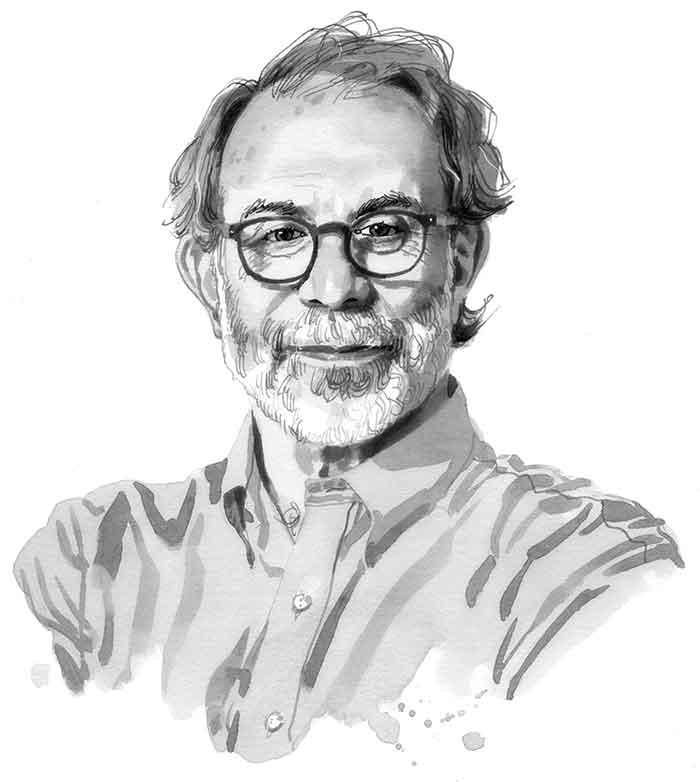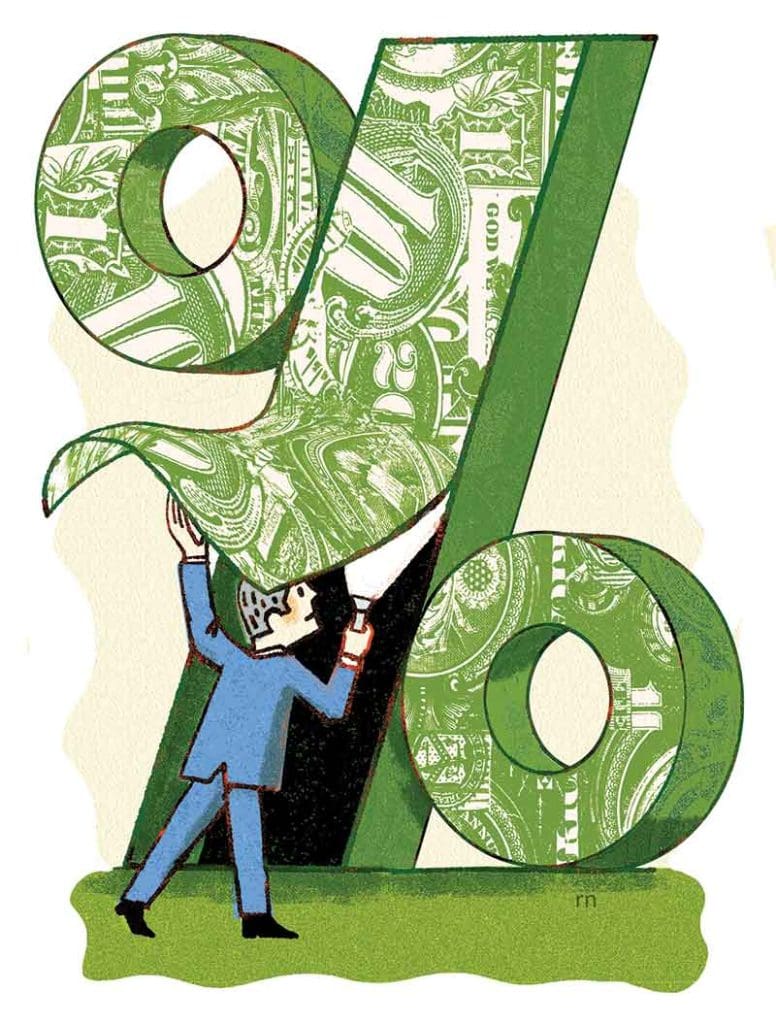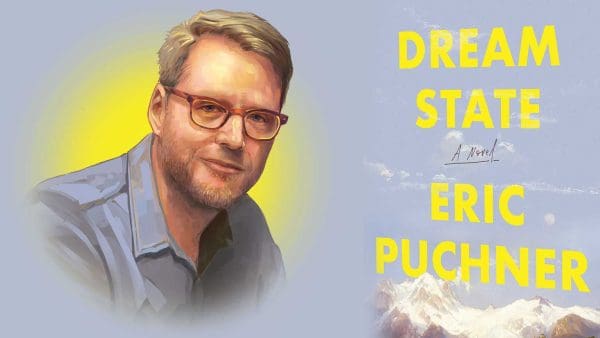Robert J. Barbera ’74 BA, ’78 PhD is a lecturer in the Department of Economics and director of the Krieger School’s Center for Financial Economics. His research specialties include real interest rate/real growth rate linkages and global energy supply and demand issues.

In lay terms, why can’t the Federal Reserve fine-tune the economy?
Robert Barbera: Most everyone knows that when prices are rising too rapidly, the Fed raises interest rates to slow the economy. If growth is sluggish, they lower rates so we can borrow more and then the economy accelerates.
But that simple model masks a complex and arbitrary process, because it’s a very crude instrument: The Fed is generally controlling just one interest rate, the overnight interest rate. That rate affects—but can’t determine—thousands of other interest rates. In response to the overnight rate change, financiers, banks, and investors buy and sell securities, and decide how much they want to borrow or lend or how risky something looks. Those responses determine the interest rates, asset prices, and currency levels that most of us are familiar with.

We can’t predict how changing the overnight cost of money will hit one group versus another. In the aftermath of the pandemic, inflation soared, so the Fed raised overnight rates from zero to over 5%. Strikingly, market responses concentrated the squeeze from this tightening onto the U.S. housing market: Mortgage rates rose to around 7.5%, from roughly 3.5% over the previous decade.
Did the Fed purposely only whack housing? Not at all. They raised the overnight interest rate to slow things down. For reasons beyond me, risky corporate assets, stocks, and corporate bonds largely shrugged it off, and corporate borrowers saw only a small rise, from around 5% in 2013–19 to 6.5%.
Is this how it usually works? Not at all. In 1983–84, Fed tightening elicited a surge for the dollar, a manufacturing sector recession, caused by an explosive rise in the trade deficit.
The moral of the story? Fed policy is very powerful, but the Fed wields a blunt instrument. And whose ox is gored, cycle to cycle, is quite arbitrary.




